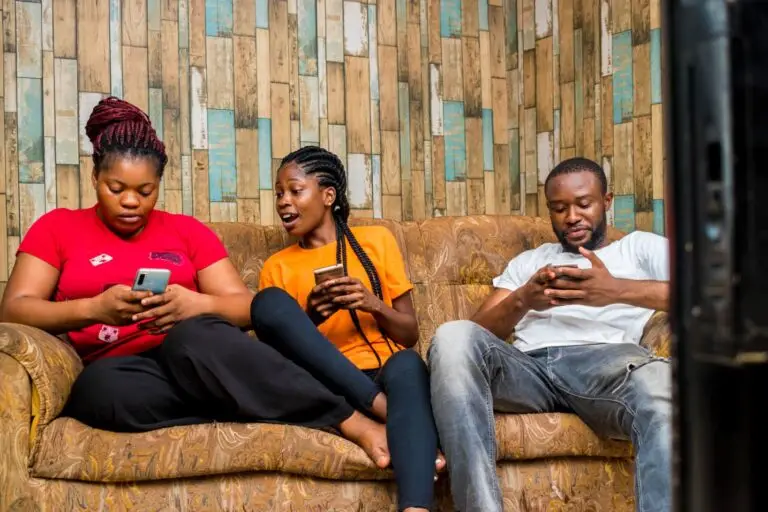I didn’t wake up to a crisis. I woke up to theatre — loud, poorly staged, and eager to cast me as its central character.
Across my phone were a dozen recycled messages, sliced videos stitched to fit a fiction, and exaggerated conclusions masquerading as exposé. No context. No cross-examination. Just spectacle, dressed as journalism, fed to audiences with short attention spans and long memories for scandal.
In this economy of attention, fabrication pays more than facts. And for many of today’s digital actors, credibility is irrelevant — virality is the new virtue.
We’ve entered a time where performance masquerades as reporting. Platforms are flooded with personalities, not principles. The modern commentator’s toolkit rarely includes research or responsibility — only reaction. As long as it gets shared, it gets believed.
But the real problem isn’t just the storytellers. It’s the stage we’ve built — a digital theatre where truth is an afterthought, and amplification rewards outrage, not insight.
And we’re all in the audience.
In this world, the greatest scarcity isn’t data. It’s discernment.
We have every possible resource in our hands: encyclopedias in our pockets, real-time news, global think tanks just a click away — yet we choose convenience over curiosity. We trust volume over verification. If enough people are saying it, it must be true. Right?
This cognitive laziness has consequences beyond group chats and gossip. It seeps into elections, economics, and everyday judgment. It shapes public opinion, even public policy. When truth is optional, consequences become inevitable.
Look at our markets. Across the globe, speculative frenzies emerge daily, driven not by fundamentals, but by fear and fashion. In one recent week alone, investors poured billions into speculative AI-crypto hybrids — not because of value, but because of virality.
This is the digital gold rush — not for resources, but for relevance.
A study from Southeast Asia found that FOMO — the fear of missing out — now directly influences herd-driven investment decisions. The more uncertain the market, the more likely people are to follow the crowd. This is how bubbles form. Not from ignorance, but from imitation.
Even Warren Buffett, a man who’s seen every market mania imaginable, regularly reminds us: if you’re following the crowd, you’re probably late. His philosophy? Independent thought over instinctive reaction. Substance over spectacle.
And that’s where we find ourselves today. Not just in finance, but in culture.
We copy trends, repeat slogans, forward content without source or skepticism. Then we wonder why so little feels real.
Because we’ve stopped rewarding originality.
In business, we idolize disruption — but only if it looks familiar. Investors overlook ground-up ventures rooted in real problems, choosing instead to chase hype. Sustainability? Community impact? Too slow. Too quiet. Too honest.
Meanwhile, the cost mounts.
The McKinsey Health Institute reports staggering mental health declines among Gen Z, with social media a leading contributor. High anxiety, digital fatigue, performance pressure — all symptoms of an ecosystem designed to keep us consuming, not contemplating.
But the solution won’t come from another app or algorithm. It must come from a mindset shift.
We need to re-learn the discipline of thinking for ourselves. To value slow wisdom over fast opinions. To teach our children how to ask hard questions — even when the answers are uncomfortable.
The Caribbean, for all its complexities, has always nurtured thinkers who stood apart. We’ve produced visionaries who challenged convention, not for clout, but for clarity. They spoke truths when it wasn’t profitable. They listened before they led.
We must recover that legacy.
Because the noise is only getting louder. Political posturing, media manipulation, influencer activism — it all blurs the line between truth and theatre. “Change” has become a costume, worn by anyone with enough followers to fake conviction.
But real change requires depth. It begins in silence. It matures in solitude. And it demands we ask not “what’s trending?” but “what’s true?”
In the days ahead, especially with national decisions on the horizon, we must decide what kind of people we want to be — and what kind of future we’re willing to build.
Not one shaped by soundbites, but by substance.
Not one guided by noise, but by knowing.
And when the applause ends and the spotlight fades, what will remain?
Not the actors, not the headlines, but the choices we made in the quiet.

